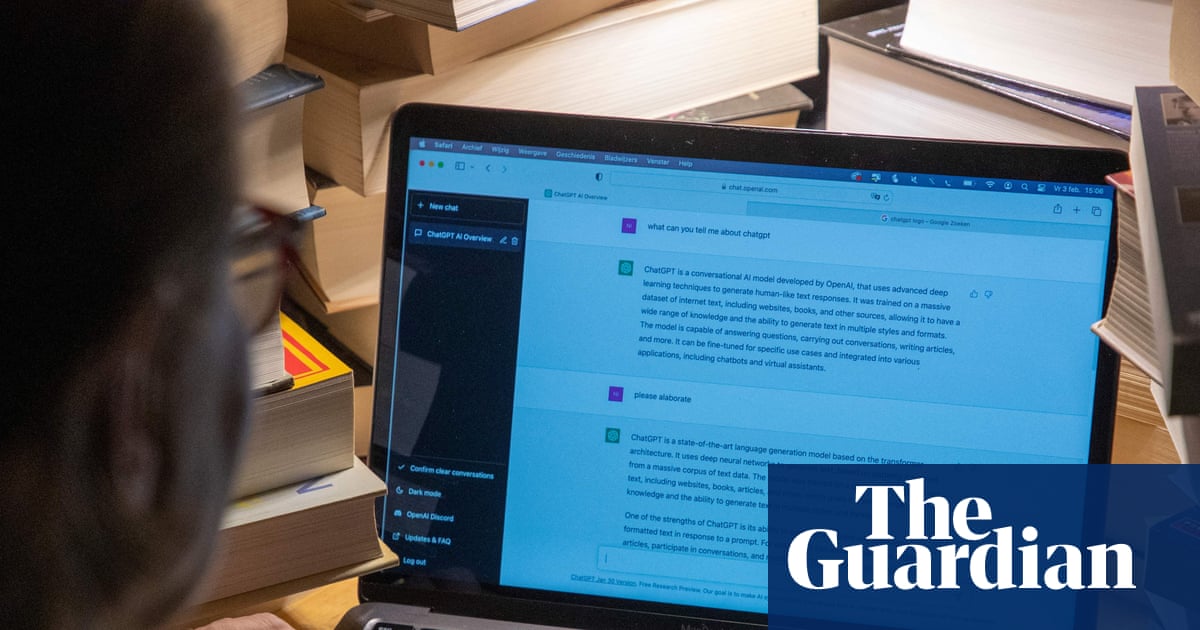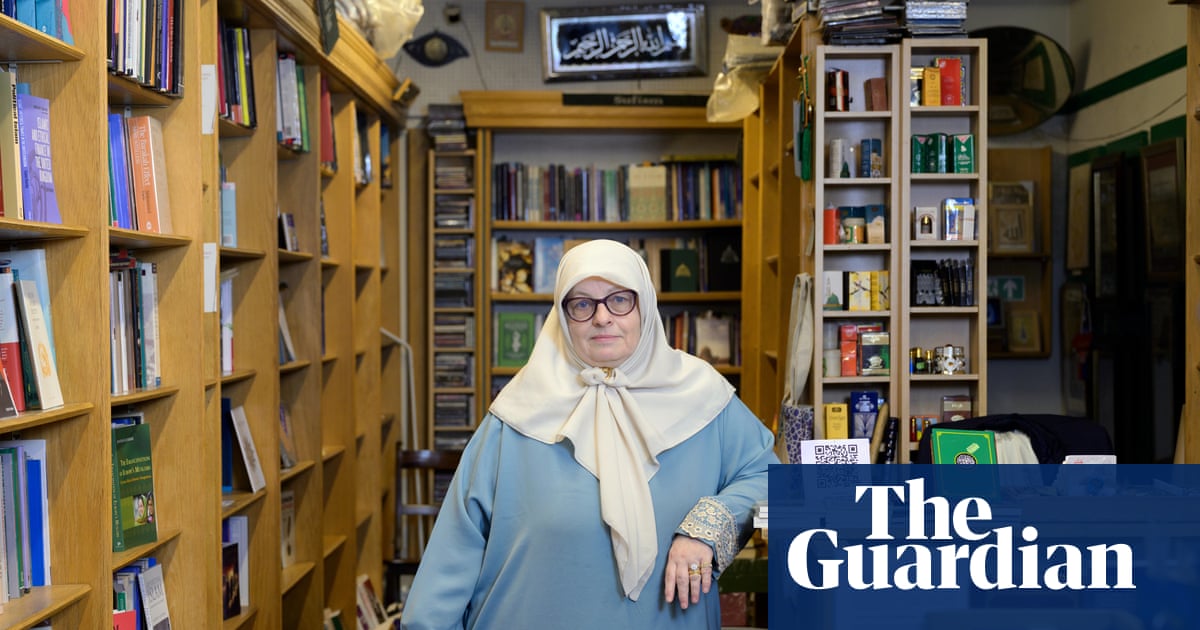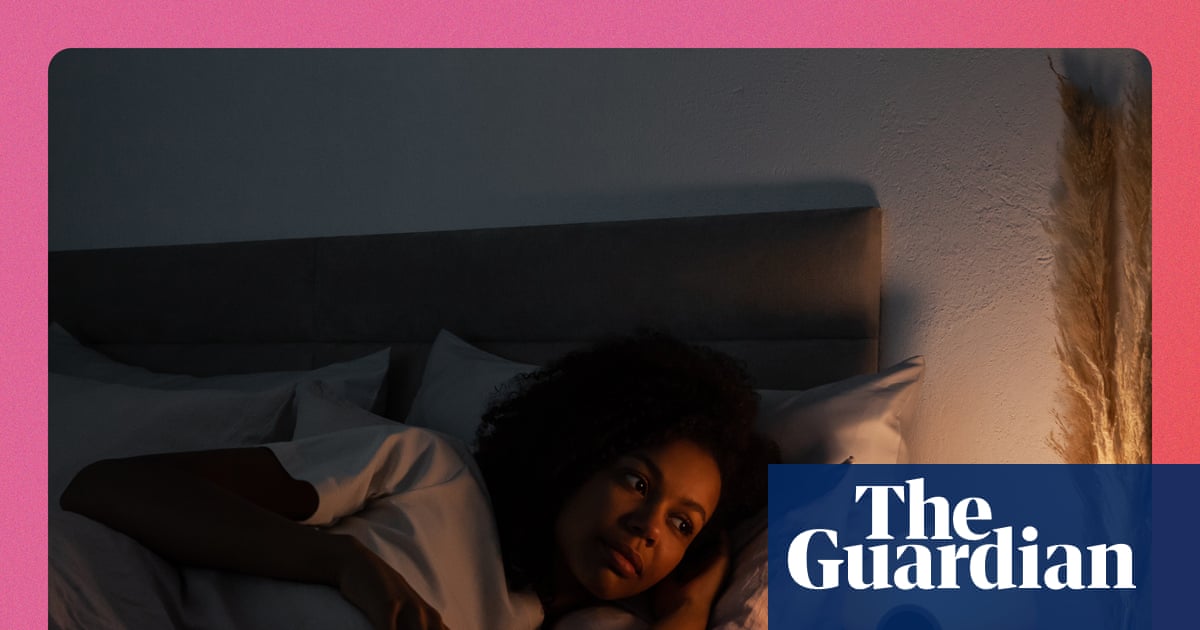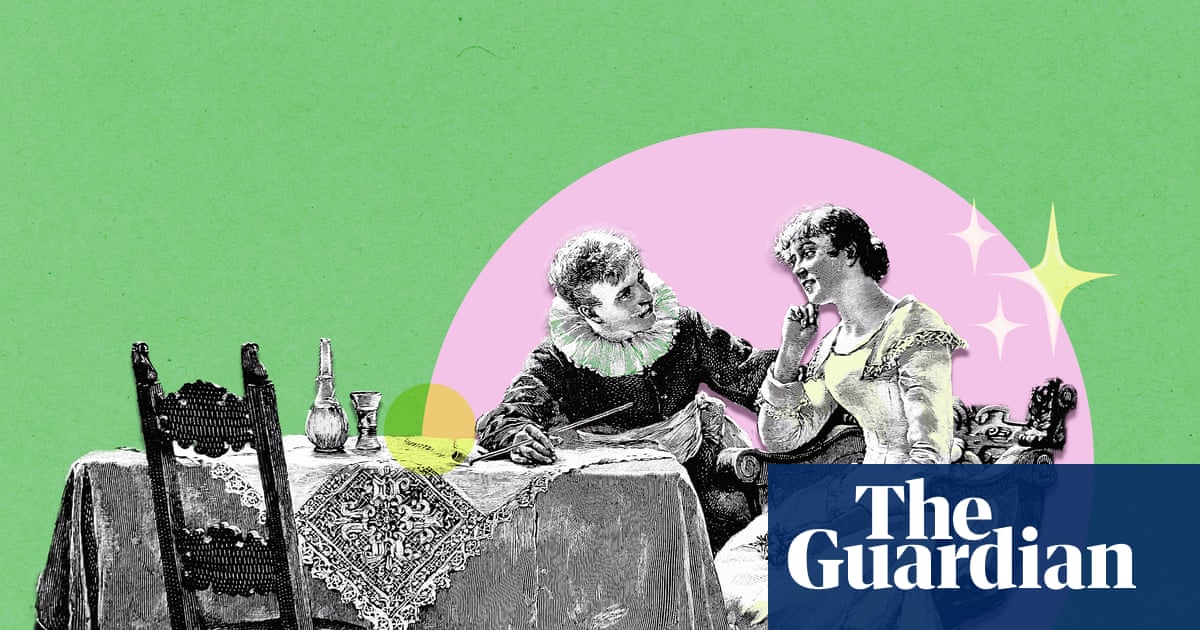Heaven has no rage like love to hatred turned, nor hell a fury like a woman scorned. Though it probably wouldn’t have occurred to the 17th-century playwright who wrote those words, scorned women write absolute bangers, too.
We have been reminded as much this week by Lily Allen’s new album, West End Girl, an explicit dissection of the singer’s recent divorce from the actor David Harbour, amid already swirling rumours of his infidelity. Allen here is high priestess of W1, sucking on a Lost Mary vape as she weaves us a tragedy of loss, betrayal and butt plugs.
It’s too easy, though, to categorise West End Girl as pure revenge. The reality is more vulnerable: less Princess Diana in her little black dress, more a 14-track therapy session, full of references to mummy and daddy issues (“I’ll be your nonmonogamummy”). Its seeming openness is both amazing marketing and easy fodder for Allen’s strongest critics. Why, they will ask, must she work through her neuroses on such a public stage?

Well, because that’s precisely the kind of person we’ve made her into. Philip Larkin might just have missed something. They fuck you up your mum and dad (enter Keith Allen, stage right), but we (fans, spectators, newspaper readers) might just have a hand in all this, too. Allen’s is a gold-plated contribution to a confessional economy we have all been buying into for quite some time. We beg for famous women’s secrets, only to performatively recoil once they are offered up.
Those reactions have always felt especially strongly directed at Allen. This is the same woman who recently provoked outrage for being unable to remember how many abortions she’d had. Seemingly, nobody had told selfish Lily that she ought to have that figure always to hand, in case the hungry public wanted to know.
We might like to imagine we’re past the 1990s peak of tabloid-fuelled desire for intimate details of famous women’s lives. It was grim to see Allen reflect recently that many of her contemporaries, those most affected by those appetites in the 2000s, are now dead. It’s easy to forget that Allen turned 21 under that microscope, with projected notions of her own neuroses plastered over the front pages. Do we really have a right to judge her for a compulsion to share?
Besides, those impulses still dictate the market, albeit in mutated forms. Now, greasy paparazzi don’t have to press themselves up against windows, because the cameras are already inside the house. Theoretically, this gives celebrities some pretence to privacy, but, in reality, audience appetites are ever increasing. Implicitly reckoning with this, West End Girl doesn’t only lay Allen’s compulsions and desires out on the table, it exposes ours, too.

In 2020, I had a wonderful time at Allen and Harbour’s chic Las Vegas wedding, practically tasting those greasily ironic In-N-Out burgers through my screen. Some years later, the couple invited me (and, admittedly, anyone else with access to Architectural Digest’s YouTube channel) into their Brooklyn townhouse, to admire the swan-shaped taps they’d chosen in their upstairs bathroom, and the pastel pink paint in their windowless boudoir. After the breakup, I found myself zooming in on photographs of my hard-done-by friend Lily, marvelling at the details of her breathtaking new fake breasts. A hunger for intimate knowledge of women’s lives hasn’t gone away, but rather been rebranded as harmless, empowering and cool.
West End Girl is a great album, partly fuelled by appetites like mine, but that isn’t to say we should feel good about those appetites in the first place. Instead, the album forces our weird curiosities to their logical extensions. Remember that pink bedroom you looked at in high definition? Now you can imagine the “strewn sheets”, used condoms and another woman’s “long black hair” there, too. Feeling uncomfortable? Good. It ought to be a little uncomfortable when the psyches and sex lives of strangers begin to seem like our god-given right.
Openness itself isn’t the problem. This album, punctuated by facelifts, embarrassments and the frank sexual life of a woman approaching her 40s (for whom non-monogamy brought nothing like liberation) is funny, refreshing and sexy. We should celebrate that, while remaining wary of a culture that prizes the confessional mode above all. It’s a culture that creates women for whom, as Allen admits is her own experience, extreme self-exposure is a compulsion rather than a choice.
after newsletter promotion
Allen has always had a talent for hitting on a form of feminism that fits the times (and the market). In 2006, she was a class-confused twentysomething with big hoops, emblematic of a generation of young women told they could do and be whatever they liked. Her 2009 album It’s Not Me, It’s You pivoted to coolly empowered jokes about bad sex and bad politics, and by 2014’s Sheezus, hers was an all-out-girlboss pop. (The latter is surely best left in the vault, alongside Ed Miliband’s “This is what a feminist looks like” T-shirt, and Emma Watson’s #HeForShe UN speech notes.) Now, Allen has identified a demand for therapised intimacy and Auto-Tuned imperfection, a counter, perhaps, to that other reigning archetype, the glossy and seemingly invulnerable all-American showgirl, who sings about her relationships while retaining a sheen of coyness and sanitised acceptability.
In this case, though, satisfaction seems impossible. West End Girl might fulfil appetites at first, but many will soon need more, Googling details, reading analyses, scrolling back and zooming in. Perhaps it is fitting, then, that in therapeutic discourse, there is no “real” self to uncover, only layer after layer of compulsions, fears and desires. There is no singular truth of a person to be served up for dessert. Then again, that’s no bad thing. Perhaps we all need to get a little better at being left hungry.
-
Jennifer Jasmine White is a writer and academic

.png) 4 hours ago
5
4 hours ago
5

















































